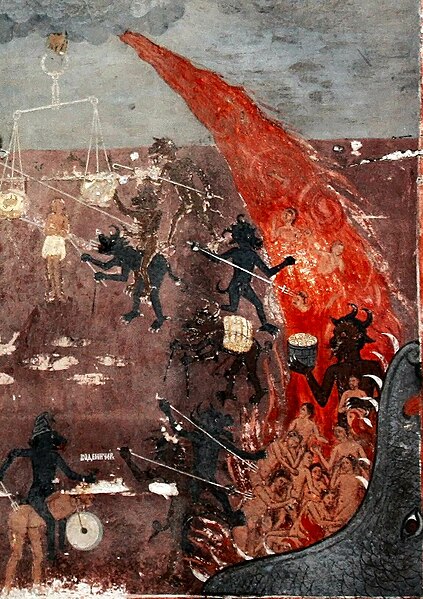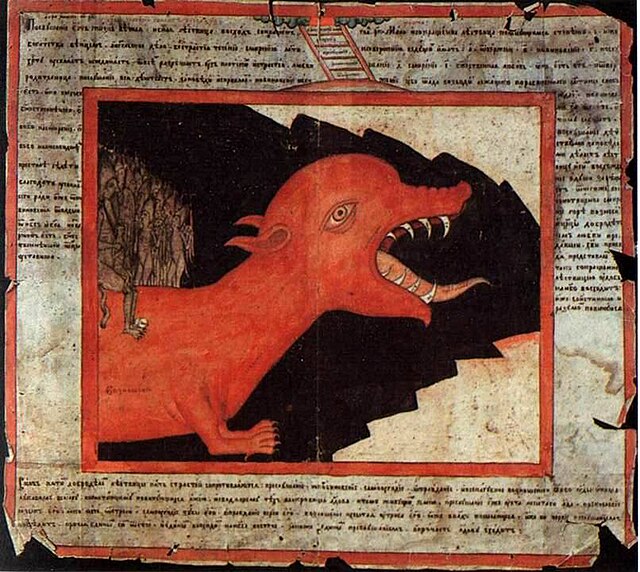A mortal sin, in Christian theology, is a gravely sinful act which can lead to damnation if a person does not repent of the sin before death. It is alternatively called deadly, grave, and serious; the concept of mortal sin is found in both Catholicism and Lutheranism. A sin is considered to be "mortal" when its quality is such that it leads to a separation of that person from God's saving grace. Three conditions must together be met for a sin to be mortal: "Mortal sin is sin whose object is grave matter and which is also committed with full knowledge and deliberate consent." The sin against the Holy Spirit and the sins that cry to Heaven for vengeance are considered especially serious. This type of sin is distinguished from a venial sin in that the latter simply leads to a weakening of a person's relationship with God. Despite its gravity, a person can repent of having committed a mortal sin. Such repentance is the primary requisite for forgiveness and absolution.

A penitent confessing his sins in the Ukrainian Greek Catholic Church of the Bernardines in Lviv, Ukraine
In Christian theology, Hell is the place or state into which, by God's definitive judgment, unrepentant sinners pass in the general judgment, or, as some Christians believe, immediately after death. Its character is inferred from teaching in the biblical texts, some of which, interpreted literally, have given rise to the popular idea of Hell. Theologians today generally see Hell as the logical consequence of rejecting union with God and with God's justice and mercy.
A detail from Hieronymous Bosch's depiction of Hell (16th century)
Hell—detail from a fresco in the medieval church St. Nicolas in Raduil, Bulgaria
"A Monster from Hell". A 19th-century Russian hand-drawn lubok.
Icon in Saint Catherine's Monastery, Sinai, showing monks falling from the Ladder to Heaven into the mouth of a dragon, representing Hell





